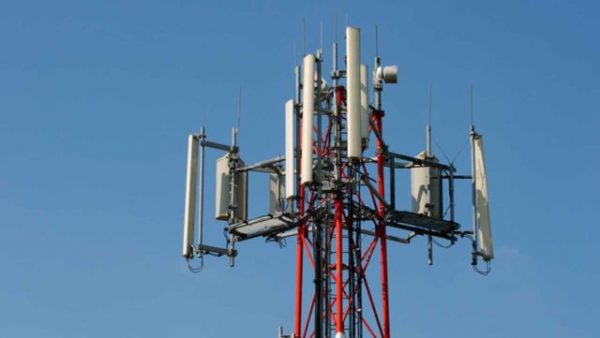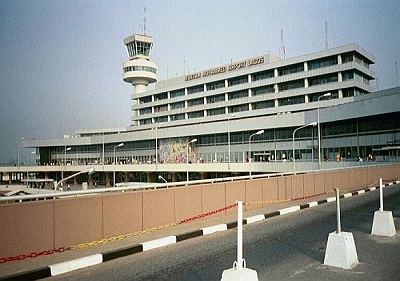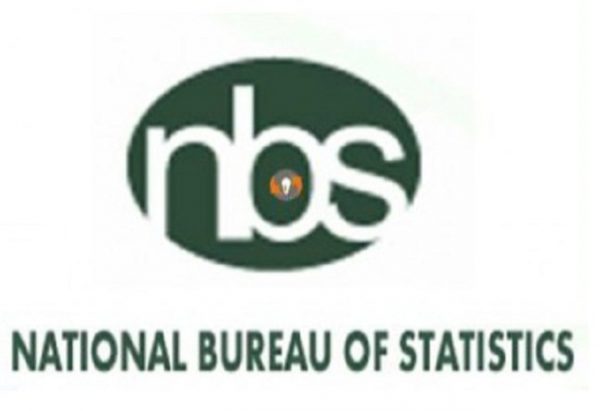Operators protest against tax on GSM, cable TV subscriptions
 • Claim plan will impact subscribers, economy negatively
• Claim plan will impact subscribers, economy negatively
Telecommunications operators have kicked against plans by the National Assembly to impose taxes on global system for mobile (GSM) and cable television subscriptions and services in the country.
Under the aegis of the Association of Telecommunications Companies of Nigeria (ATCON), the body said imposing such tax now would amount to double taxation, and subsequently impact the economy negatively.
A bill for an Act to introduce tax on communication and cable television services scaled first reading at the Senate on Wednesday. The introduction of the tax, it was learnt, was to replace the 2.2 per cent increase in the Value Added Tax (VAT) being planned by the Federal Government.
The Bill for an Act to establish the Communication Service Tax was sponsored by a former Senate Leader, Ali Ndume.
But the President of ATCON, Olusola Teniola, yesterday in Lagos, recalled that the Communications Service Tax (CST), put at nine per cent was previously suspended by the 8th National Assembly. This followed the intervention of ATCON National Executive Council to the Senate President on November 3, 2016, whereby it was acknowledged by the senators that the growth of ICT is critical to the creation of jobs and reduction in youth unemployment.
Teniola recalled that ATCON had recommended to government that Nigeria’s tax base should be widened to include more tax payers, as “only 13 million out 70 million were contributing to the tax revenue of the federal government.”
However, he insisted that “It is inconceivable that a CST Bill of nine per cent that was put aside, which is a direct copy of Ghana’s CST is now being pushed through the National Assembly without due consultation with all stakeholders, and it is especially targeted at the telecoms and ICT sector,” he stressed. He argued that the adoption of a nine per cent CST is a double tax on voice, SMS and data, as five per cent VAT already applies on these services.
“If the passage of this bill goes through, it would negatively impact Nigerians and foreigners that use these services. The implementation of this CST bill would take the affordability of data services out of the reach of the citizenry.
“Therefore, ATCON recommends that government reconsiders the passing of the bill, as it would add to the burden of the already suffering Nigerians. It is deemed as an additional multiple tax, loss of revenue to the industry and can lead to loss of jobs in the sector. “We reiterate that the burden of shoring up government revenue should be across all segments of society in the way other climes use VAT and not to be targeted to a specific sector,” Teniola stressed.
The CST Bill reads in part, “There shall be imposed, charged payable and collected a monthly Communication Service Tax to be levied on charges payable by a user of an electronic communication service other than private electronic communication services.
“The tax shall be levied on electronic communication services supplied by service providers. “For the purpose of this clause, the supply of any form of recharges shall be considered as a charge for usage of electronic communication service.
“The tax shall be levied on such electronic communication services like voice calls, SMS, MMS, data usage – both from telecommunication services providers and internet service – as well as pay per view TV stations. “The tax shall be paid together with the electronic communication service charge payable to the service provider by the consumer of the service.”
The bill stipulates that the Federal Inland Revenue Service (FIRS), would pay the tax collected together with any interest and penalty into the Federation Account. According to the bill, all service providers shall file a tax return to account for the tax.







